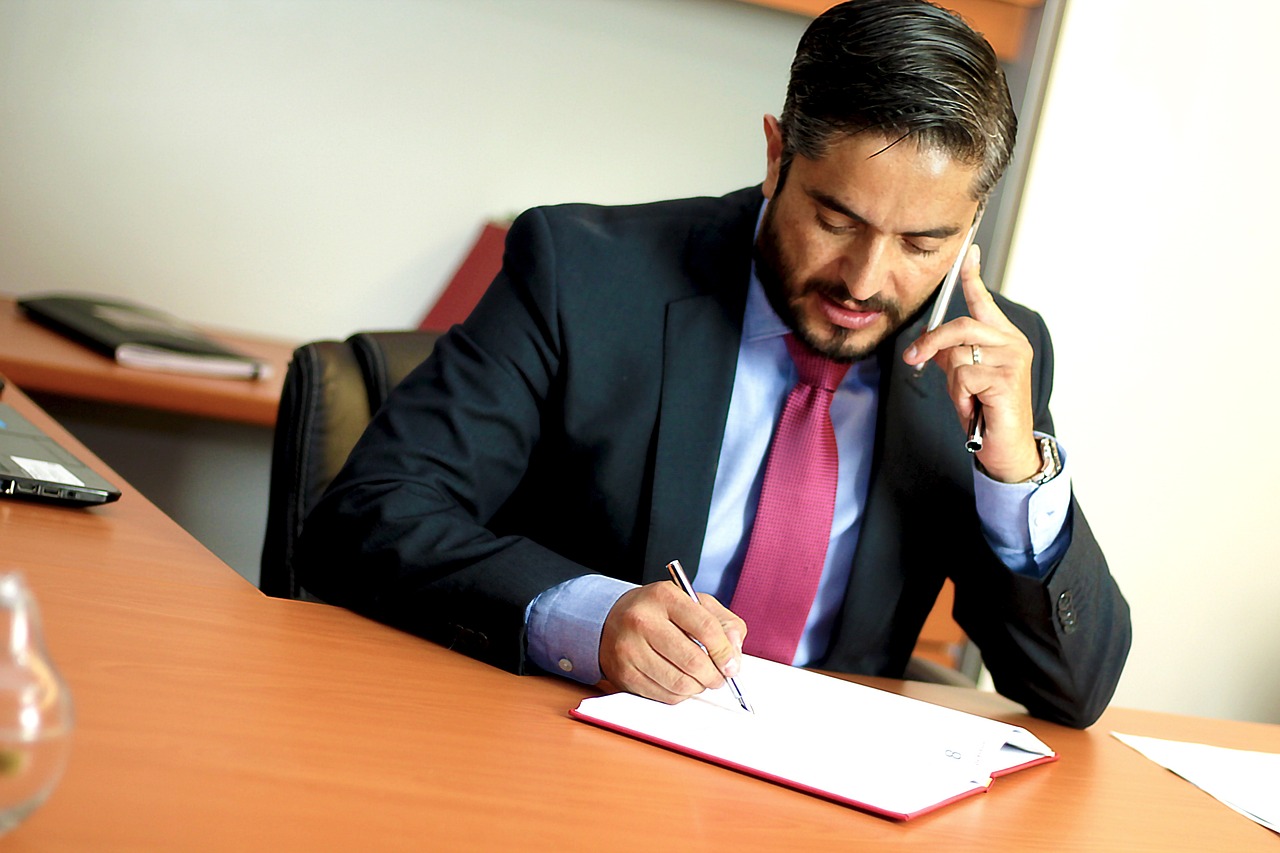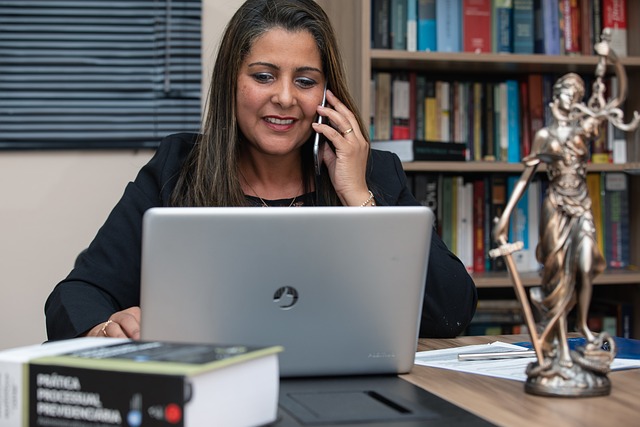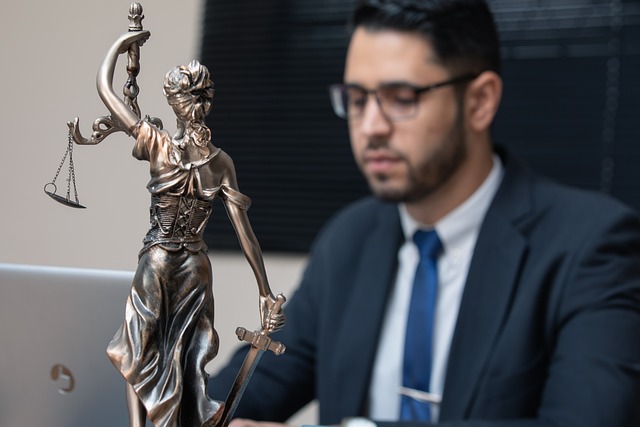
Proving liability in personal injury cases is a complex and intricate process that requires the expertise of an expert personal injury attorney. Personal injury cases encompass a wide range of accidents and incidents, such as car accidents, slips and falls, medical malpractice, and more. To successfully navigate the legal maze and secure compensation for their clients, attorneys must rely on a combination of legal principles, evidence gathering, and expert analysis. In this discussion, we will explore the top factors that a personal injury attorney employs to prove liability in cases.
Duty of Care
The first factor in proving liability is establishing that the defendant owed the plaintiff a duty of care. Duty of care refers to the legal obligation of individuals or entities to exercise reasonable care to prevent harm to others. In personal injury cases, attorneys must collect evidence to demonstrate that the defendant had a duty of care towards the plaintiff based on the specific circumstances of the case. For example, in a car accident case, the duty of care may involve following traffic laws and driving safely.

Breach of Duty
Once the duty of care has been established, attorneys must prove that the defendant breached that duty. This means demonstrating that the defendant’s actions or omissions fell below the standard of care expected in the given situation. Attorneys gather evidence to show how the defendant failed to meet their duty of care and acted negligently or recklessly. This can include presenting witness testimony, surveillance footage, accident reconstruction reports, or expert opinions.
Causation
Establishing causation is crucial in proving liability. Attorneys must demonstrate that the defendant’s breach of duty directly caused the plaintiff’s injuries. This requires establishing a clear and direct link between the defendant’s actions or negligence and the harm suffered by the plaintiff. Attorneys may rely on medical evidence, expert testimony, accident reconstruction reports, or other forms of evidence to establish causation.

Damages
To prove liability, attorneys must also demonstrate the extent of the plaintiff’s damages. This involves collecting evidence of the physical, emotional, and financial harm suffered by the plaintiff as a result of the injury. Attorneys work closely with medical professionals, financial experts, and other relevant parties to quantify the impact of the injury on the plaintiff’s life.
Proving liability in personal injury cases requires a comprehensive understanding of the legal principles surrounding duty of care, breach of duty, causation, and damages. Expert attorneys employ a combination of evidence gathering, legal analysis, and expert opinions to build a strong case on behalf of their clients.

